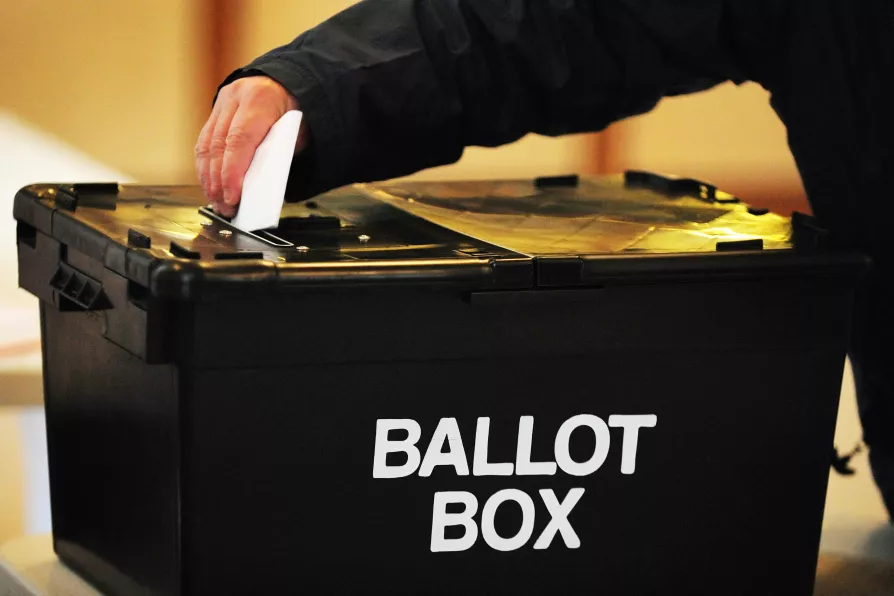Does widespread and uncontrolled use of AI change our relationship with scientific meaning? Or with each other? ask ROX MIDDLETON, LIAM SHAW and MIRIAM GAUNTLETT


WE ARE in a bizarre situation where the leaders of the two parties of government — for the moment let’s forget the Tory’s “first reserves” gathered in the ranks of the Lib Dems — are barely trusted by the electorate.
Rishi Sunak has an unfavourable rating of 49 per cent while 38 per cent are unfavourably disposed towards Keir Starmer.
In a YouGov poll carried out in July, Jeremy Corbyn — despite years of vilification by the media and the New Labour restoration regime — emerged as the most popular living Labour leader.

From Gaza complicity to welfare cuts chaos, Starmer’s baggage accumulates, and voters will indeed find ‘somewhere else’ to go — to the Greens, nationalists, Lib Dems, Reform UK or a new, working-class left party, writes NICK WRIGHT

There is no doubt that Trump’s regime is a right-wing one, but the clash between the state apparatus and the national and local government is a good example of what any future left-wing formation will face here in Britain, writes NICK WRIGHT

Reform’s rise speaks to a deep crisis in Establishment parties – but relies on appealing to social and economic grievances the left should make its own, argues NICK WRIGHT










